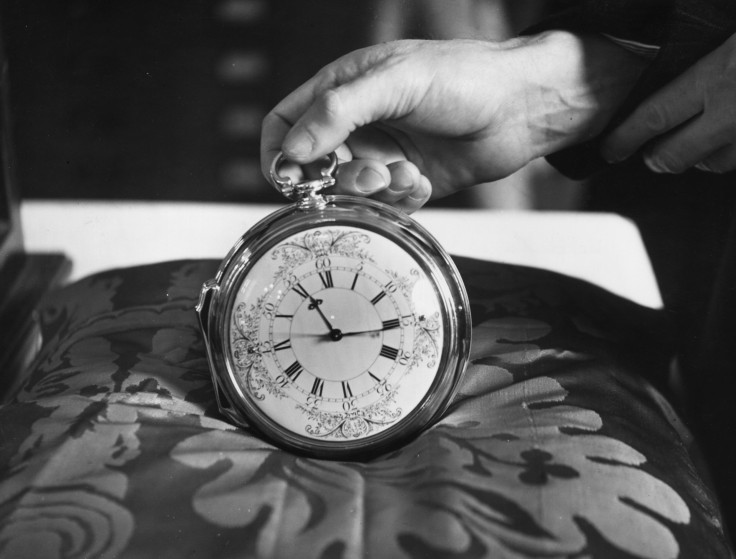Spending Money On Time-Saving Services May Increase Happiness, Study Says

Can money buy happiness? That has been a pertinent question since decades and more. However, a new study published Monday in the Proceedings of the National Academy of Sciences suggests that money can at least buy you extra free time which can, in turn, make you happier.
Researchers claimed that instead of opting for "retail therapy" in an effort to feel better and happier, people with enough money should rather spend it on time-saving services such as paying someone else to do your chores including cleaning, shopping, household maintenance, and others alike.
The new study concluded that spending money on time-saving services may result in greater life satisfaction, and thus can make you happier.
An international team of researchers including psychologists from the U.S., the Netherlands, and Canada conducted surveys on more than 6,000 men and women across the United States, Canada, Denmark, and the Netherlands, including 800 millionaires about their spending habits in order to test whether money can increase happiness levels by freeing up their own time.
The study found that the individuals who spent money on time-saving services each month reported greater happiness as compared to those who did not, regardless of their income levels.
"Why does buying time promote happiness? Our experiment provides the clearest window into this process, by demonstrating that people felt less end-of-day time pressure when they purchased time-saving services, which explained their improved mood that day," the study claimed.
Time famine is a term that refers to "the universal feeling of having too much to do but not enough time to deal with those demands." This term was first said to have emerged in the scientific literature around the year 1999, according to Sage Journals. This phenomenon was examined during the study by its lead author Dr. Ashley Whillans, an assistant professor at the Harvard Business School who performed this research while at the University of British Columbia. The study pointed out how time famine affects everyone across the communities despite the level of income of individuals.
"We thought the effects might only hold up for people with quite a bit of disposable income, but to our surprise, we found the same effects across the income spectrum," Professor Dunn of British Columbia University in Canada, said, according to the Independent.
"Although buying time can serve as a buffer against the time pressures of daily life, few people are doing it even when they can afford it. Lots of research has shown that people benefit from buying their way into pleasant experiences, but our research suggests people should also consider buying their way out of unpleasant experiences," Dunn said.
She also added that the benefits of that extra time "aren't just for wealthy people."
Read: Celebrate International Happiness Day 2017 With 17 Inspirational Quotes
"What we do with our money matters just as much for happiness as what we earn," lead study author Whillans told the ABC News. "All of us make small trade-offs every day of our lives and these tradeoffs affect happiness."
Whillians also explained certain factors mentioned in the study as to why people, despite having money, might still not resort to spend it on time-saving services.
"Some of our results are intuitive," Whillians said. "For example, people should derive some satisfaction from outsourcing things like scrubbing the toilet or cleaning bathrooms. Yet just under half the millionaires we surveyed spent money on outsourcing disliked tasks."
One of the factors could be guilt, the researchers suggested. It could be possible that some people feel guilty to pay people to do their work, which they themselves do not wish to complete. Other factors could include simple reluctance to make time-saving purchases or the inability to plan for events and time availability in the future.
"Busy-ness has become a status symbol in North America," Whillans explained. "People want to feel they can manage all components of their lives."
Despite the findings of the study that people across all income levels spent money on time-saving services, it is not clear if these are universally applicable, according to Dr. Emiliana Simon-Thomas, science director at the Greater Good Science Center at the University of California Berkeley, who was also involved in the research. She argued that people with lesser economic stability might hesitate to use such services, regardless of the fact that the researchers claimed to have considered income levels in the study's analysis, ABC News reported.
© Copyright IBTimes 2025. All rights reserved.






















